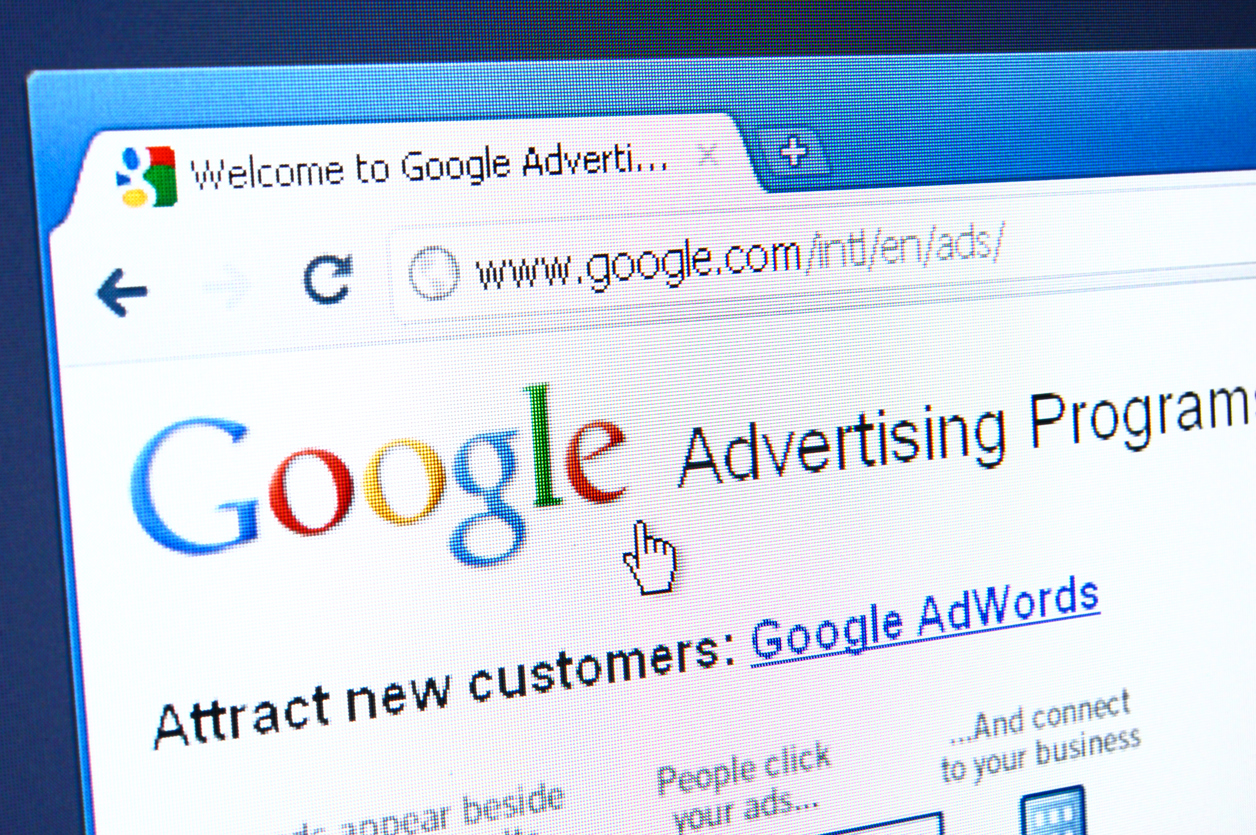
Some two decades after launching, Google’s AdWords and DoubleClick brands are about to be sunsetted and rolled in under one of three simple banners.
The search engine says its aim is to streamline its ad products, better representing the solutions it offers and intentions for growth, as well as making it easier for brands to select the tools needed for campaigns.
Google Adwords will become Google Ads
Having launched in 2000 allowing local businesses to buy text ads within its SERPs (search engine results pages), AdWords has been a solid and leading fixture in the martech landscape for nearly two decades.
Over the course of that time, it’s become both ubiquitous and Google’s key revenue driver, diversifying away from solely text-based ads to combinations of display, video and more via its partner sites and apps, and properties such as Maps and YouTube.
Google says the new brand represents this full range of capabilities, and that while not much will change, it’s introducing a campaign type for smaller businesses which will use machine-learning for “smart campaigns”.
A report on the rebrand by Campaign, however, suggested that the Google Ad rebrand could suggest a further move towards a ‘keyword-less’ ad experience, with ads instead served based on the relevancy of brands’ content to the search.
DoubleClick ad products and GA 360 Suite will become Google Marketing Platform
Wrapping its DoubleClick ad products with its powerful analytics tools is answering a demand to break down organisational silos between creative planning and performance measurement, says Google.
“We’ve heard from marketers that there are real benefits to using ads and analytics technology together, including a better understanding of customers and better business results,” said Sridar Ramaswamy, senior vice president of ads & commerce.
The company says inspiration came from advertisers who were integrating analytics with their media platforms themselves and seeing better results.
“We had built integrations between analytics and the creative planning and buying products, but now that will be much easier,” said Dan Taylor, Google’s managing director of platforms.
It’s worth noting that a key design feature of the Google Marketing Platform umbrella is the ability for marketers to integrate third-party ad exchanges, measurement solutions and other products. Google in the past has been accused on taking advantage of its dominance to favour its own products.
DoubleClick for Publishers and DoubleClick Ad Exchange become Google Ad Manager
The final of the three key rebrands is its DoubleClick sell-side products being bundled together as one solution, Google Ad Manager.
The company says; “we recognise that the way publishers monetise content has changed”, with the rise of mobile and cross-screen browsing and advertisers’ growing demand for programmatic access.
Google is calling Ad Manager a “unified solution”, rather than just an ad server of supply-side platform, providing publishers access to programmatic deals, private marketplaces and open auctions in one place.
“Ad Manager gives you a single platform for delivering, measuring and optimising ads wherever your audience is engaging—including connected TVs, Accelerated Mobile Pages (AMP), mobile games and other apps, and platforms like YouTube and Apple News,” says Jonathan Bellack, director of product management at Google Ad Manager.
Transparency assurances
In its announcement and rundown of the rebrand, Google also took the opportunity to affirm a commitment to brand safety.
“As always, our commitment is to ensure that all of our products and platforms set the industry’s highest standard in giving people transparency and choice in the ads they see,” said Ramaswamy.
“For example, we recently announced new Ads Settings and expanded Why this ad? across all of our services, and almost all websites and apps that partner with us to show ads.
Google Ads, Google Marketing Platform and Google Ad Manager brands will start to appear within the next month.
 Interested in hearing leading global brands discuss subjects like this in person?
Interested in hearing leading global brands discuss subjects like this in person?
Find out more about Digital Marketing World Forum (#DMWF) Europe, London, North America, and Singapore.





